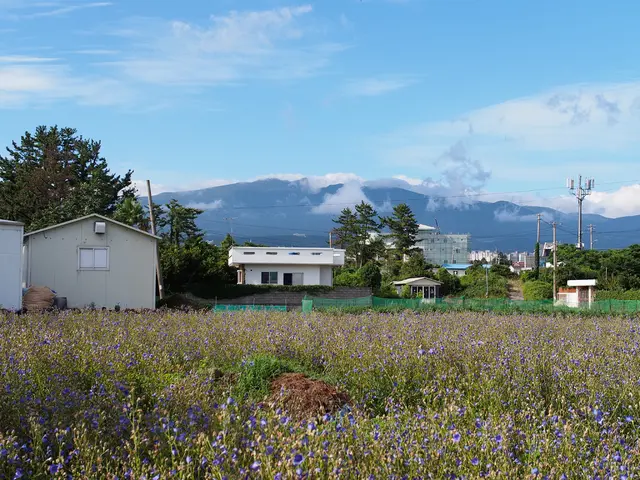Article Rewrite: A Green-Energy Gap in the Pacific Northwest
States like Oregon and Washington pledged to lead the way in green energy, yet nearly every other state is progressing faster in renewable energy adoption.
In a joint investigation by Oregon Public Broadcasting (OPB) and ProPublica, the staggering disconnect between the renewable energy aspirations of Oregon and Washington and the actual progress made towards realizing those goals has come to light [2][3][4].
Key Insights:
- Looming Ambitions vs. Reality: Both states have enacted bold legislation to detoxify their power sources, such as Oregon's mandate for utility companies to achieve carbon-free electricity by 2040. Regrettably, the findings suggest that these ambitious goals remain elusive due to shoddy planning and the absence of strategic action [3][4].
- Neglected Transmission Grid Conundrum: Lawmakers and policymakers have largely overlooked the urgent need for substantial upgrades to the transmission infrastructure, which has now become a significant hindrance in coupling new renewable energy projects with the grid. This has resulted in a substantial pipeline of renewable projects awaiting approval, complicating matters for developers and driving costs up [3][4].
- Inadequate Legislation: The concerned legislation lacks enforcement mechanisms, such as penalties for utility companies that miss their renewable energy acquisition deadlines. Some legislators have conceded that previous attempts have faltered, and urgent action is needed to rectify the situation [4].
- Reforms Gone Awry: Recent initiatives to establish independent state entities to finance and manage transmission infrastructure upgrades have failed to materialize, despite a growing awareness of the problem [1][4].
- Regretful Consequences: Over the next couple of decades, the region's electricity demand is predicted to double, fueled in part by escalating power consumption from data centers. If no substantial changes are made, the states will find themselves unable to meet either their climate or energy reliability objectives [4].
The investigation reveals how procrastination, administrative obstacles, and a lack of foresight in transmission planning are jeopardizing the Pacific Northwest's green energy aspirations [2][3][4].
The investigation uncovers that the Pacific Northwest's renewable energy aspirations are threatened by procrastination, administrative barriers, and inadequate planning in the finance and management of renewable energy projects and transmission infrastructure updates [2][3][4]. The findings emphasize the need for enhanced legislation and strategic action in the renewable energy industry, including the enactment of penalties for utility companies that fail to meet their renewable energy acquisition deadlines [4].








